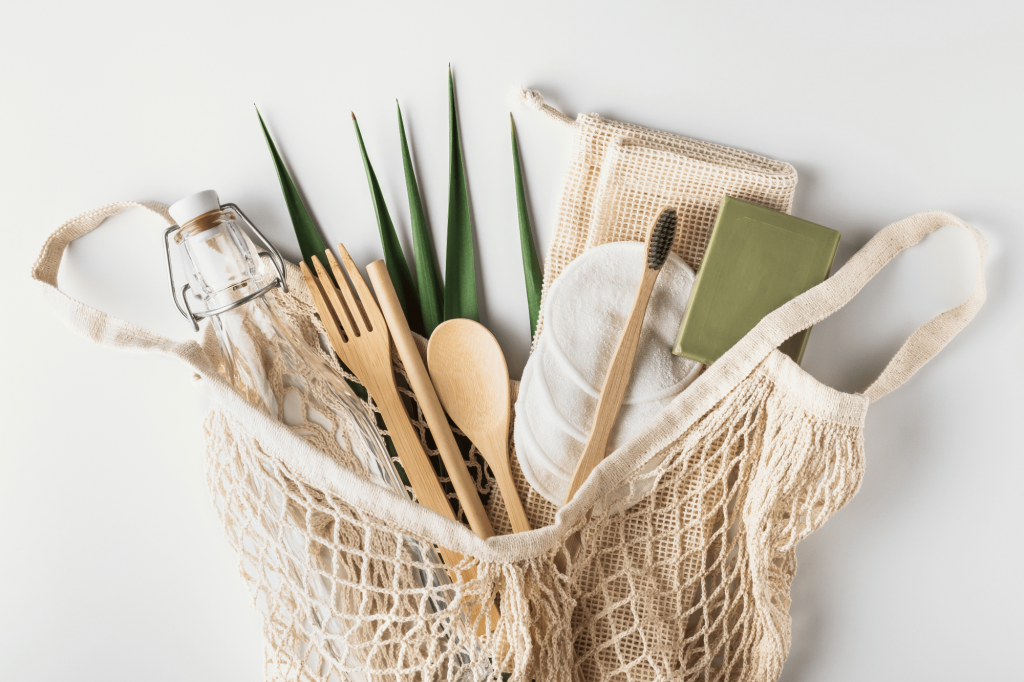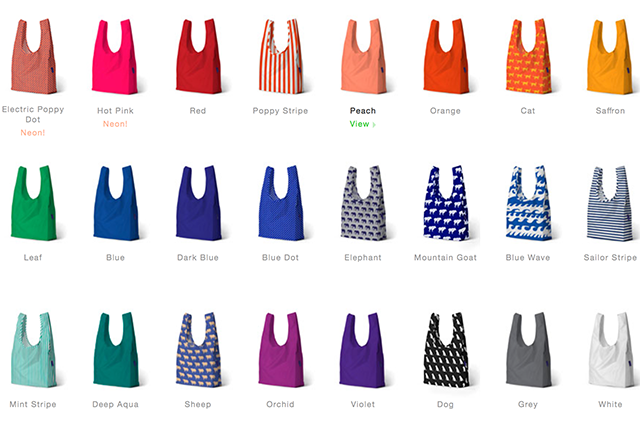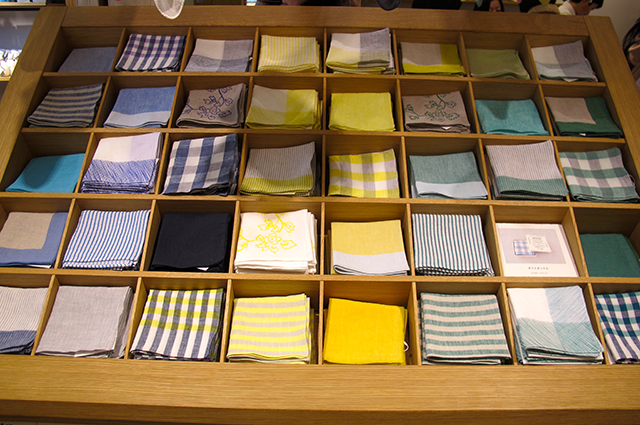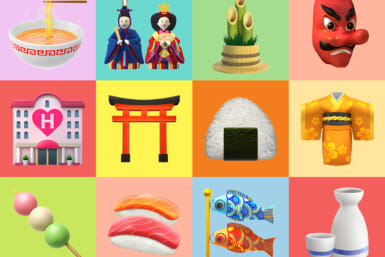Even though Tokyo is clean, hygienic, and efficient in disposing waste for such a big city, there are still ways we can help our environment by cutting back. Eco-friendly options are not only good for the planet, they’re also good for the wallet, as they are often the more frugal choice. Most of these items are easily accessible, but we suggest a few of our favorite places to purchase them.
1. BYOB (Bring your own bag)
One of the most significant changes you can make in Tokyo is to bring reusable bags to the grocery store. More often than not, you will find yourself staring at your bento being over-wrapped in the checkout line. Suggest to the checkout person that you want to bag your own groceries, so you won’t have to worry about the multiple plastic bags you end up with just for a few vegetables.
You can find them at some grocery stores, like National Azabu in Hiroo or Denenchofu, for around 800 JPY. Or opt for a more fashionable one online at Baggu.com, where you can choose from a number of styles, sizes, and colors.
2. Cut Back on PET bottles
Even though Japan achieved a 77% plastic waste recycling rate in 2011—the best in the world, and almost double that of the UK or US—an even better option is to cut down on the PET bottles and recycled material itself. A simple way to do so is to skip the vending machines and prepare your own tea in a reusable thermos. Bring this to work, and not only will you get more bang for you buck, you also won’t have to contribute to that stacked-up company trash can in the kitchen.
3. Hop on a Mamachari
Tokyo has one of the most efficient public transportation systems in the world, but even still, we are sometimes guilty of taking that taxi to the restaurant when we don’t feel like fighting the rush-hour crowds. As an alternative, enjoy above-ground transportation by hopping on your mamachari that can be purchased at a low cost at Don Quijote. It’s a great way to get some fresh air and enjoy the liveliness of the city.
4. Carry Your Own Chopsticks
It’s time to stop into that chopstick shop you pass by all the time and get yourself a pair of chopsticks. Turning these down at the checkout line and reusing your own will not only cut down on everyday waste, but will also make you look more stylish while you’re at it. Ginza and Kappabashi Dori, near Asakusa, have many shops filled with chopsticks of all materials and sizes.
5. Farmers’ Markets
Shopping at farmers’ markets helps support your local farmers as well as cut down on delivery costs. Products are organic and picked at the peak of their ripeness since farmers don’t have to factor in the transportation time to be delivered to the middle man and the supermarket, making it a healthier and better quality option. UN Univertsity Farmers’ Market in Aoyama or Roppongi Market near Roppongi Itchome Station are great places to start. Check out a full list of Farmers’ Markets each week here.
6. Skip the Bottled Water
Brita or Panasonic water filters for 3,000-6,000 JPY are a small investment compared to the large amounts of 2L water bottles we tend to buy for home. Water filters save on costs and help deliver clean water without the excess waste of plastic bottles (and also relieves you from lugging those bottles home from the market!)
7. Use Cloth Napkins
Instead of using the disposable o-shibori (wet hand towels) at restaurants or paper towels at home, opt for a cloth napkin made by Japanese designers. Nakagawa Masashichi Shoten is one of many Japanese craftsmen that handcraft natural materials into kitchen cloth fabrics. These durable cloths can replace and outlast your everyday napkins.
8. Repurpose Glass Jars and Plastic Containers
Thanks to sites like Pinterest, DIY and creative activities are always on hand. And with the mass amounts of packaging in this country, there are many opportunities to repurpose them. From plastic tofu containers to the mason jars that are used to store coconut oil, they can all be transformed into useful organizers or decorations at home.
Main image: Olesia Bekh / Shutterstock.com












